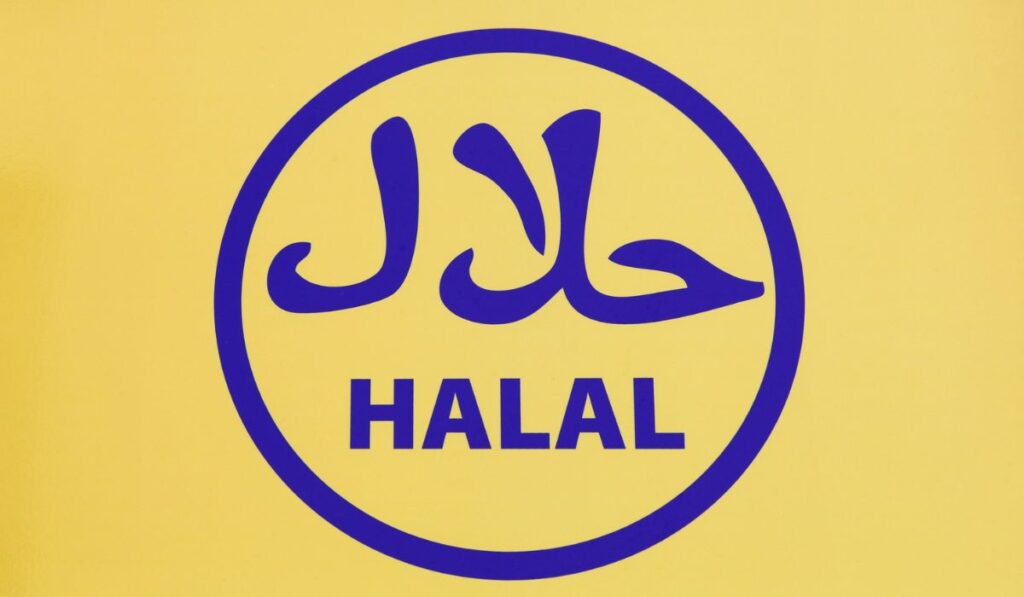Kosher and halal are terms often used in the context of the dairy and meat industry. They highlight what observant Jews and Muslims can consume in line with their beliefs. But what about when it comes to products used for dental care? How can you be sure a toothpaste is halal or kosher?
To find halal or kosher toothpaste, you should look for products that are clearly certified as halal, kosher, or vegan (since these have no meat products). One commonly used ingredient to look out for is glycerin, which is a sweetener and preservative that is derived from pork fat in some cases.
Trying to find products that are halal or kosher isn’t always as easy as we’d like it to be. But with some awareness of the ingredients to look out for, finding the right toothpaste should be pretty doable. Let’s take a closer look at what halal and kosher mean, and how to determine which toothpastes satisfy the requirements.
How to Know Which Toothpaste Is Halal- or Kosher-Certified?
When buying toothpaste, you want to pay attention to glycerin, an ingredient often added to toothpaste. Glycerin is an animal byproduct and can be derived from pork fat.
Because the manufacturer may not specify from which animal the fat was derived, it’s safer to go for toothpaste that doesn’t contain glycerin. Also, it’s recommended to opt for products certified as vegan or halal.
Manufacturers add glycerin as a sweetener and preservative for the product. The best way to know if the toothpaste is halal or kosher is to check if it’s halal-certified. Different organizations provide verification and certification. In North America, the Islamic Food and Nutrition Council of America is a trusted source.
Other smaller organizations you can use include the Muslim Consumer Group. If you’re having difficulties finding information to know if the toothpaste is halal, you can use vegan toothpaste, because these don’t contain animal products.
How to Find Halal and Kosher Toothpaste in Stores

Don’t always take the manufacturer’s word for it. When shopping, scrutinize the ingredients to ensure there are no prohibited ingredients hidden behind some jargon.
The safest bet to avoid all the confusion is to choose vegan toothpaste, like Hello Naturally Whitening Toothpaste (on Amazon). However, you may still need to check the ingredients to ensure everything conforms to the kosher/halal guidelines.
What Is Halal?

Halal is an Arabic word that means lawful or permissible in Islam. When referring to food, the term prescribes dietary standards recommended in Shari’ah (Islamic Law).
When you say something is halal, it generally means it’s good for consumption. On the other hand, you would say something is haram if it’s not permissible or lawful.
In Islam, some things are clear-cut. They fall on either the halal or haram side, and you probably won’t make a mistake if you understand what’s prohibited or allowed. However, other things are more open to interpretation; in those cases, it’s advised to exercise caution.
For example, meat that is certified halal must have been slaughtered in a way that meets the requirements of Islam, a manner called dhabiha. This includes cutting the carotid artery, jugular vein, and windpipe to drain all blood.
It’s haram to consume blood, so the meat must be slaughtered properly. In addition, any animal that dies because of an illness is not clean, so it cannot be classified as halal.
On the list of items that are not halal, you’ll find pork at the top. Other prohibited items include reptiles, birds of prey, fanged animals like bears and cats, donkeys, mules, and horses.
When looking for products for personal care, you also need to consider the ingredients to know if they contain only halal items.
What Is Kosher?
Kosher refers to the things that are permitted in Jewish dietary law. Typically, kosher foods include items that conform with the regulations of kashrut, a Jewish dietary law.
Also, kosher describes what is fitting and permissible for a Jew. For meat to be considered kosher, the animal must have been slaughtered by a Jew. Furthermore, as is the case with halal foods, pork is not considered to be a kosher meat.
Before the slaughter, blessings are said. In kosher law, you can’t consume meat and dairy together. For processed food and other products, there must be supervision by kosher authorities to ensure no non-kosher ingredients are included.
The items you use for personal care must also pass the check to ensure they contain permitted ingredients. Often, you can distinguish halal/kosher products from prohibited products by checking if the item is vegan, since that means no meat products of any kind are used. You can also check the list of ingredients to make sure only permitted materials were used.
In the case of toothpaste, you want to know the glycerin used is not derived from pork.
